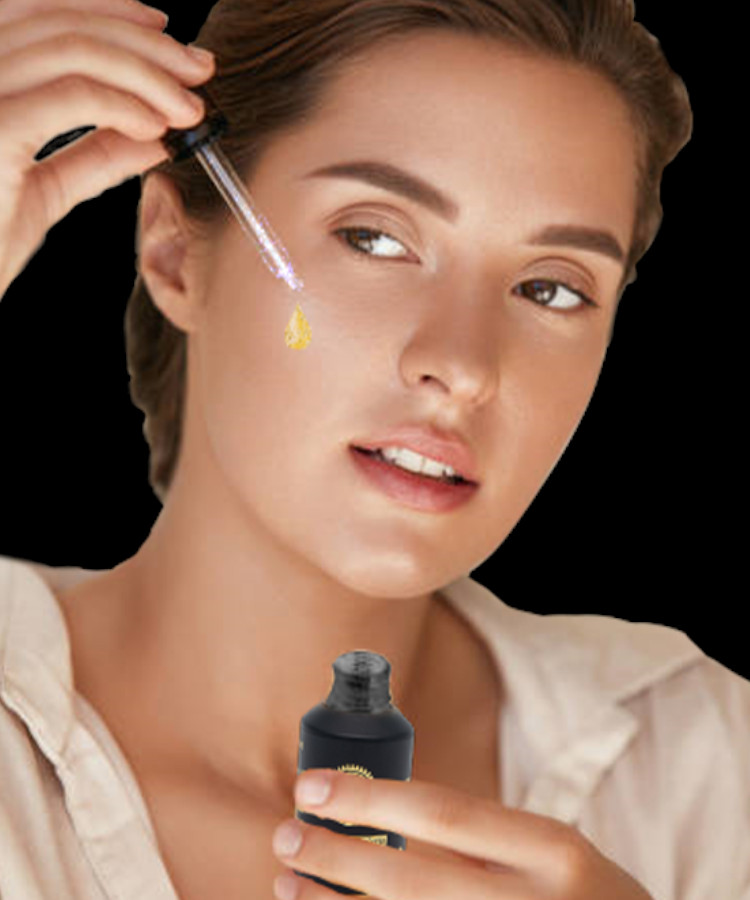Have you, by any chance, tried holy-grail skincare ingredients, and then all of a sudden, your Facebook algorithm kept on showing you more and more skincare ingredients to the point that it overwhelms you? Well then, the feeling is mutual.
This a gentle reminder that considering the ingredients of the skincare products that you will put into your skin plays a vital role in the overall health of your skin. When you tried searching for skincare over the counter, what are the most common skincare ingredients you noticed? Vitamin C? Hyaluronic Acid? Or Retinol?
Have you heard any feedback about those skincare ingredients? If not, we are giving you an overall rundown as to why these skincare ingredients have bragging rights in the beauty industry.
Check out the science behind these popular skincare ingredients:
is a type of vitamin A that is commonly used in skincare products to improve skin texture and reduce the appearance of fine lines and wrinkles. Retinol works by increasing cell turnover and stimulating the production of collagen and elastin, which are essential proteins for maintaining skin elasticity and firmness. On top of that, Retinol has been shown to have anti-inflammatory and antioxidant properties, which can help to protect the skin from damage caused by environmental stressors like pollution and UV radiation.
Here are some checklists to keep in mind before using this skincare ingredient.
(1) Do not rush, do not feel rushed to have skincare infused with retinol incorporated into your beauty routine. Experts recommend adding it to your routine slowly. By this, you are giving your skin ample time to adjust and get accustomed to it.
(2) Increasing the dose of SPF when using this retinol will increase the sensitivity of the skin making it susceptible to sun damage and burns. Taking sun protection and SPF seriously is recommended.
Vitamin C
The ever-famous Vitamin C, you cannot think of skincare without Vitamin C coming next to your mind. It is a potent antioxidant that is essential for the production of collagen, which is a protein that gives skin its elasticity and firmness. Vitamin C also helps to brighten the skin and reduce the appearance of dark spots and hyperpigmentation. When applied topically, vitamin C helps to protect the skin from damage caused by UV radiation and other environmental stressors. The antioxidant activity in vitamin C protects the skin against free radicals. It also has anti-inflammatory properties that can help to soothe and calm irritated skin.
Apart from incorporating Vitamin C into your skincare routine, a food intake rich in Vitamin C can help deliver the best results.
For foods rich in Vitamin C and Antioxidants, visit here.
Hyaluronic acid
Ever heard of this ingredient? If not, then seat back. Hyaluronic acid is a natural substance that is found in the skin and helps to retain moisture. As we age, the production of hyaluronic acid in the skin decreases, which can lead to dryness and loss of elasticity. Hyaluronic acid is a powerful humectant because of its ability to draw and hold water, when used in skincare products such as creams and serums helps bring and lock in moisture to the surface of the skin. On top of that, due to HA’s capacity to retain a large amount of water, it serves as a great source in keeping the skin hydrated. When skin is protected and hydrated, increase skin cell production can take place. HA reduces the visibility of fine lines and wrinkles by retaining moisture in the skin, creating the plumping effect. Amazing, right? It also has anti-inflammatory properties that can help to soothe and calm irritated skin.
What are your main takeaways from this blog? If you are new here, we would like to welcome you with a warm hug. We have been so active in promoting and empowering your self-love. Be part of become a B&A Insider and receive the latest beauty tips, news, product alerts and exclusive promotions in your inbox. We are excited to be a part of your self-care journey. Let us be your one-stop shop for all your beauty needs. Subscribe to our Newsletter.




Get the latest beauty tips,news,product notification and exclusive promotions in your box!
Subscribe to our Newsletter, we are excited for you. Be part of our mailing list by simply signing up below!